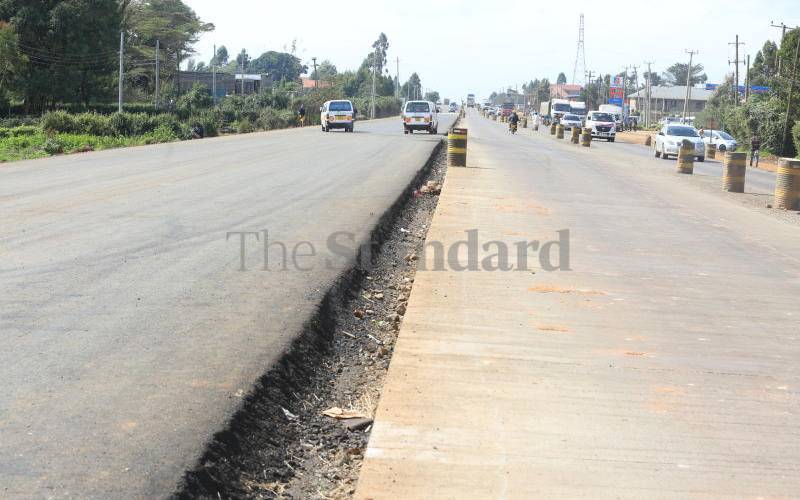
By 2025, the journey between Nairobi and Nakuru should not only be shorter but an enjoyable experience, if government plans come to fruition. Currently, it is a torture motoring on the road characterised by heavy traffic and numerous accidents.
There are plans to build a dual carriageway between Rironi in Limuru and Mau Summit, past Nakuru. The road construction will start by next year, but at a cost to motorists. Just like the Nairobi Expressway, the Rironi-Mau Summit road will be tolled meaning motorists will pay to use the road.